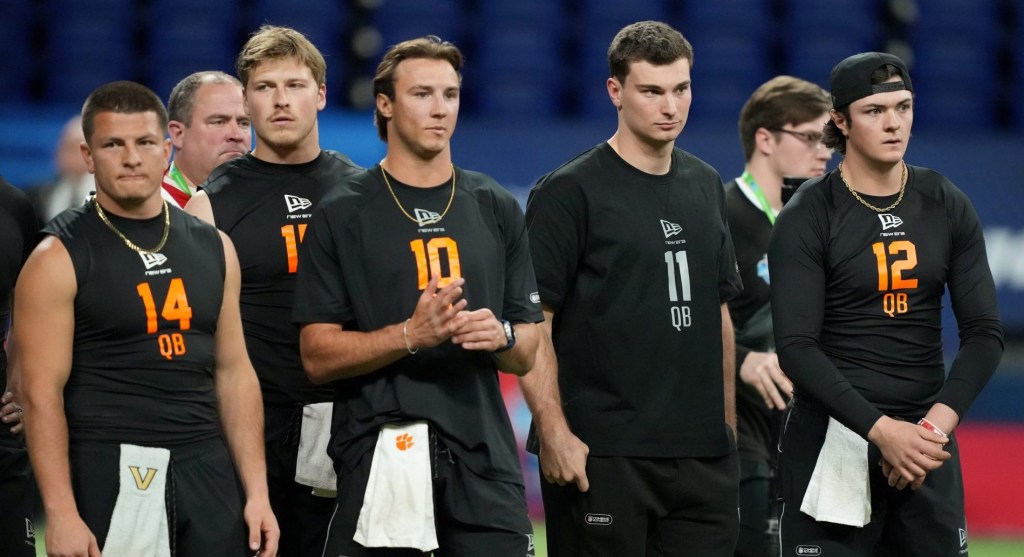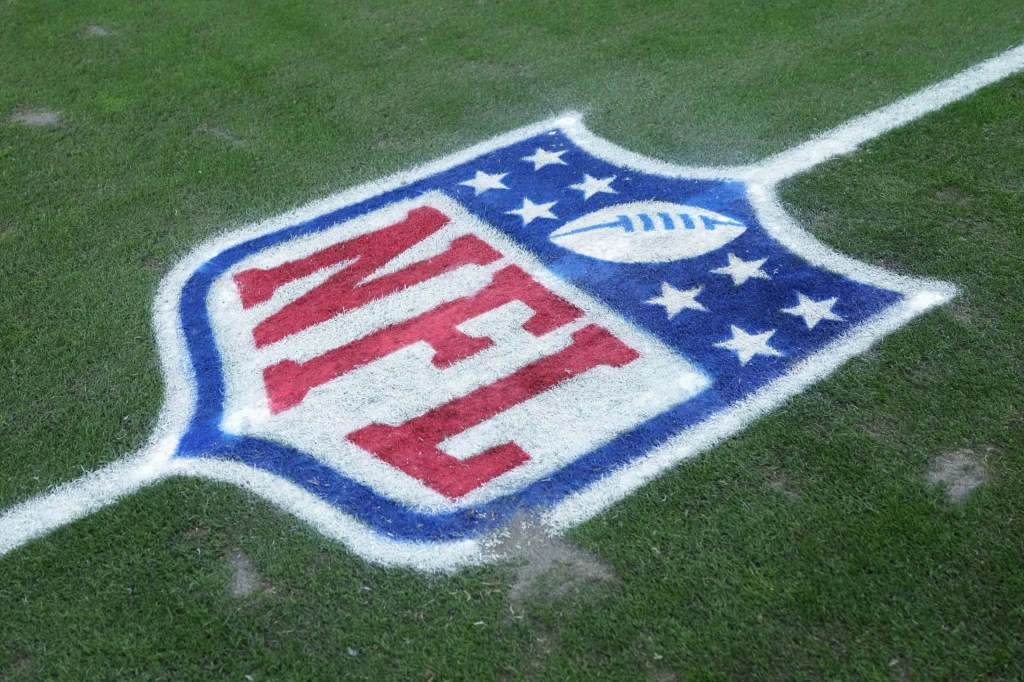Seattle Storm player Gabby Williams, who rejoined the WNBA mid-season after leading France to a silver medal in the Paris Olympics, called out the league for its low salaries in her final interview with media.
“The W thinks that they don’t have to pay us more in order to be here, and I think I didn’t express that when I first talked about prioritization,” Williams told reporters. “Our commissioner talked about us being able to make $700,000. That’s actually not true at all. There’s not one player who makes that. And we were promised team marketing agreements and league marketing agreements but they’ve fallen quite short, so it’s still not enough for us international players to want to stay here.”
Williams, who joined the Storm Aug. 20 through their elimination earlier this week, made $23,491 for her month with the team.
“The WNBA, you know, if you want us to be here, you have to pay us more. It’s business, it’s how it works,” she said.
A league spokesperson declined to comment.
Williams is a vocal opponent of the WNBA’s prioritization rule, which means players have to put the league over their international opportunities, potentially passing up far more lucrative salaries. Starting this year, the WNBA required all players to show up to the first day of training camp, or otherwise be suspended for the entire season. (Williams got around prioritization to play this year because she was not signed to any team when the season started.)
Williams, who has both U.S. and French citizenship, plays basketball on both continents.
The WNBA’s highest-paid WNBA player is the Aces’ Jackie Young, whose annual salary comes out to $252,450. Williams’s Storm teammate Jewell Loyd is the second highest-paid, making $245,508 annually. Players including Brittney Griner and Breanna Stewart have both said they’ve made more than $1 million per season playing overseas.
“I understand the want to have players here, and I think prioritization has to go hand-in-hand with our money that we’re making as well,” Williams said last month. “I don’t think it should be a blanket rule. If a team can handle it, they can handle it. If not, don’t sign European players, or players who play in Europe.”
“America is not the entire world,” she added.
The marketing agreements Williams referenced were provisions worked into the current CBA that certain players could increase their salary by working with WNBA partners, similar to bonuses for postseason awards. But those marketing deals were only intended to benefit a small number of players. WNBA commissioner Cathy Engelbert has said that top players could make $700,000 if they have a high salary, win the Commissioner’s Cup and postseason awards, and score league and team marketing deals. The most lucrative award is A’ja Wilson’s MVP trophy, which gives her a $15,450 bonus. The Rookie of the Year, which has still not officially been announced by the league, will get $5,150.
WNBA salaries are restricted for several reasons. First, the league only keeps about 40% of its own revenue. Roughly 40% goes to the NBA, and the rest goes to other investors. Of what the league does keep, it doesn’t take a basically even split with players, like the NBA does. In fact, players see less than 10% of total league revenue. So while the league’s current CBA gave players some of the highest contracts the league has ever seen, players still aren’t getting an equitable split.
This conversation will look different in a year’s time. After next season, the WNBA will get a new $2.2 billion media rights deal with ESPN, NBC, and Amazon, which more than triples its current deal and will have a significant impact on player salaries. At the same time, players will have the option to renegotiate a new collective bargaining agreement after next season, which opens the door to salaries that compete with international leagues, and could potentially change or scrap Williams’ hated prioritization rule.
“I completely understand the part of teams wanting players here,” Williams said last year in discussing the prioritization rule, “but some coaches might be able to accept it, some organizations might be able to accept a player coming late, so I never understand why it had to be an end-all, be-all just because you’re 24 hours late.”
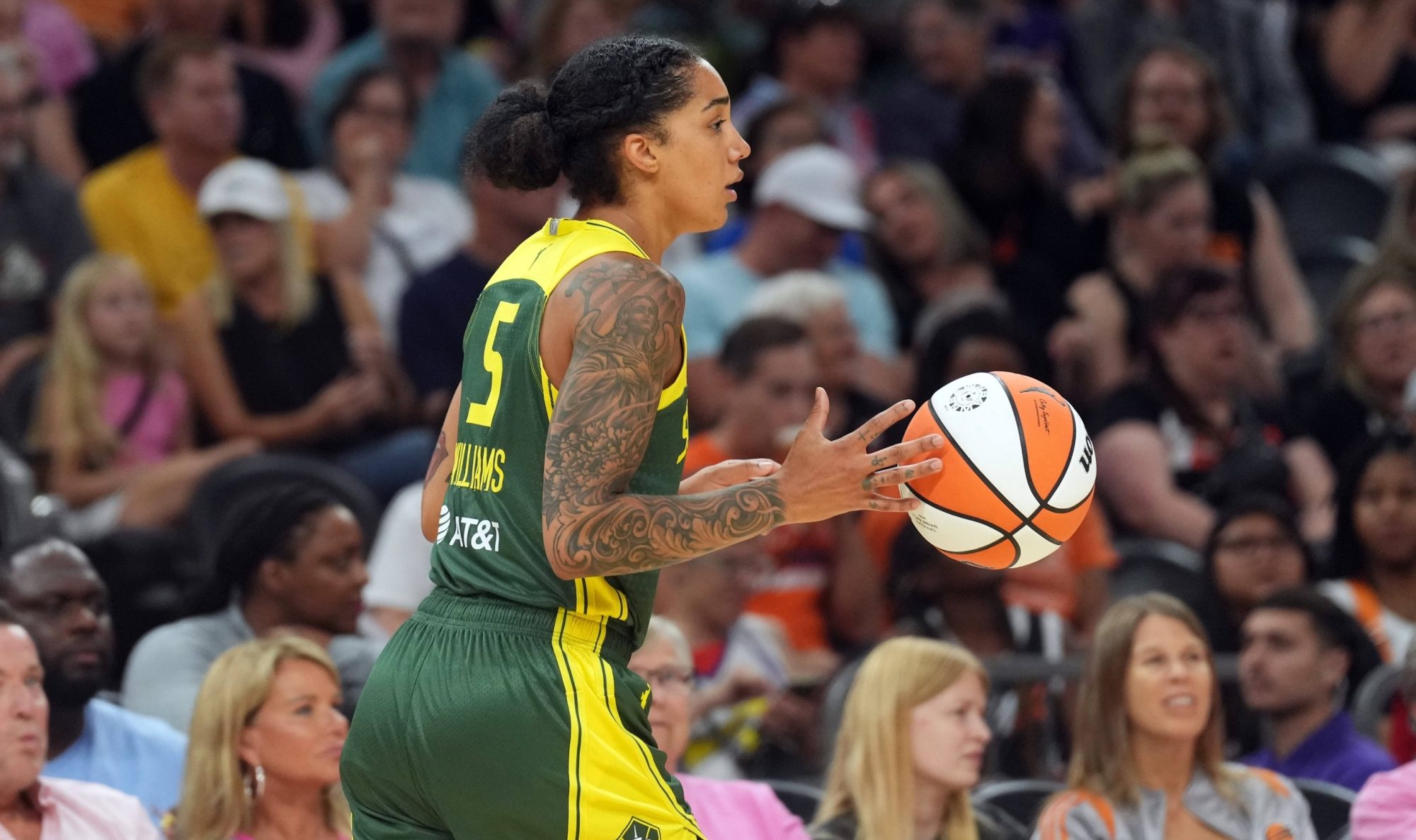
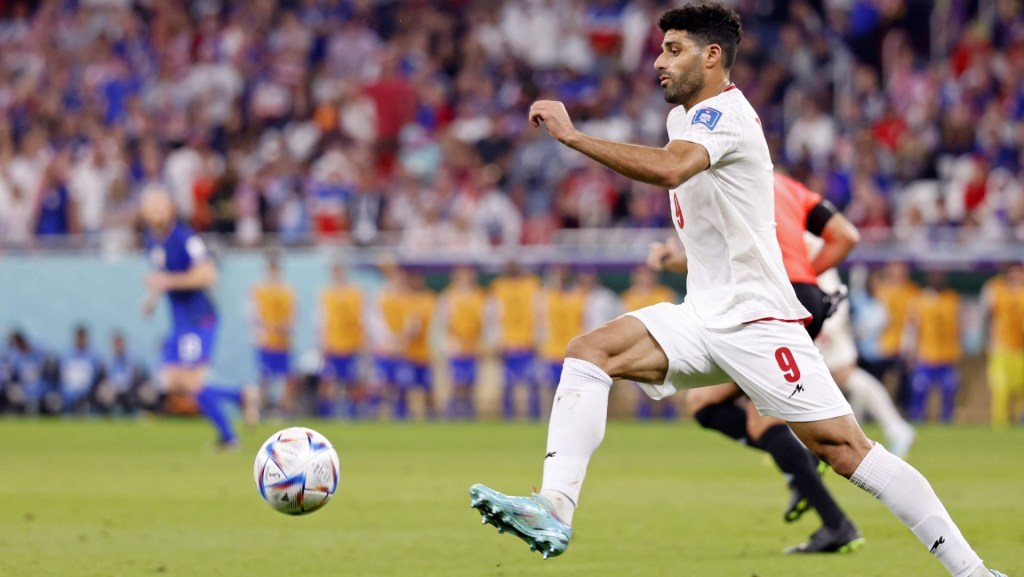
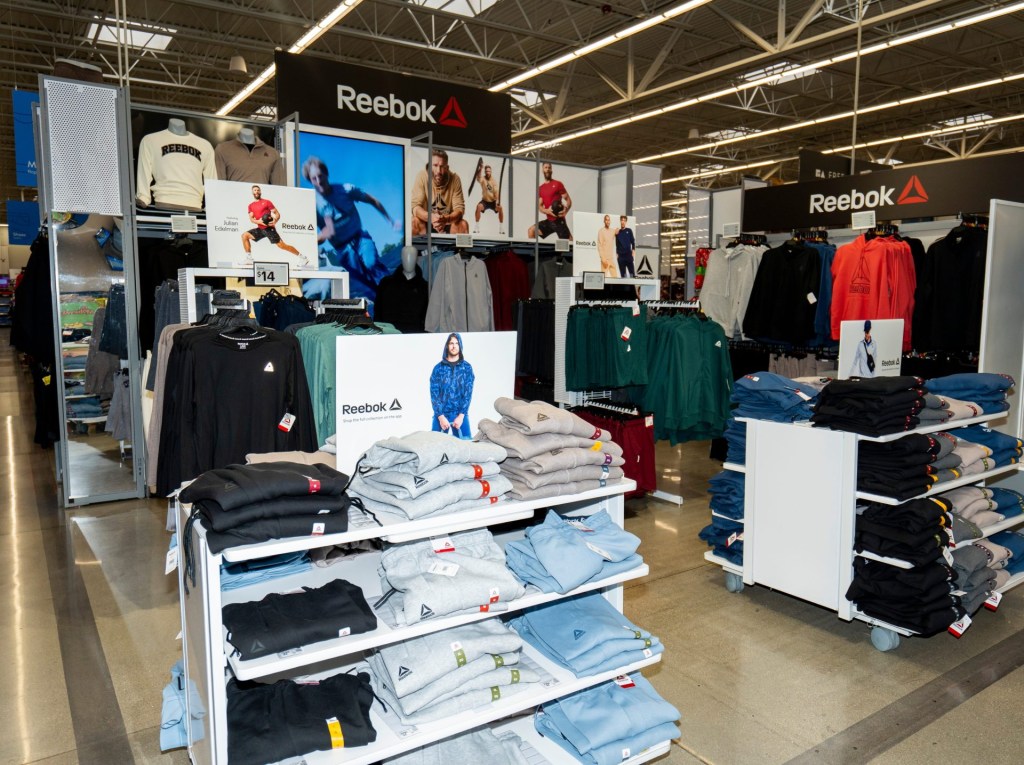

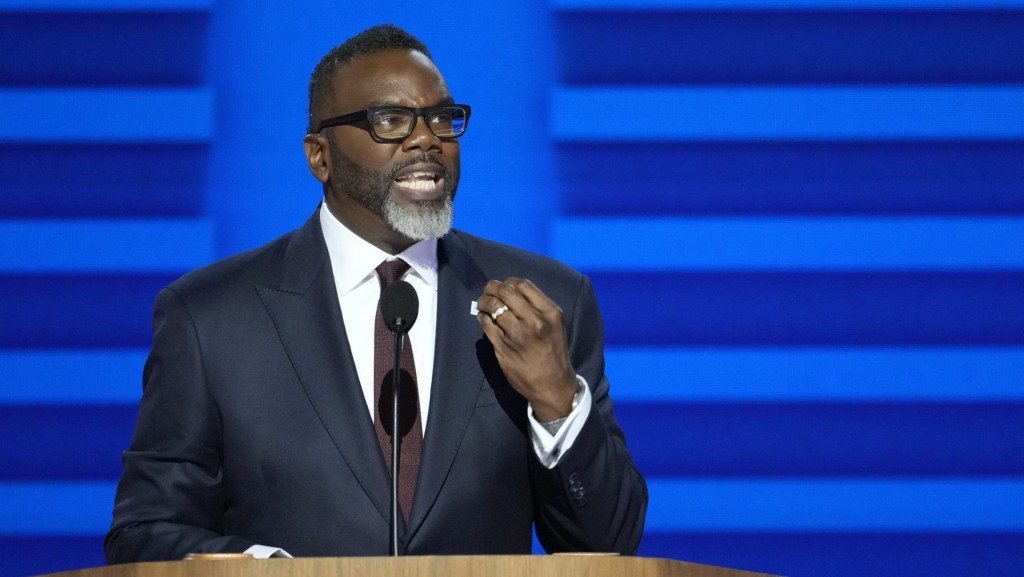


![[Subscription Customers Only] Jun 15, 2025; Seattle, Washington, USA; Botafogo owner John Textor inside the stadium before the match during a group stage match of the 2025 FIFA Club World Cup at Lumen Field.](https://frontofficesports.com/wp-content/uploads/2026/02/USATSI_26465842_168416386_lowres-scaled.jpg?quality=100&w=1024)
![[Subscription Customers Only] Jul 13, 2025; East Rutherford, New Jersey, USA; Chelsea FC midfielder Cole Palmer (10) celebrates winning the final of the 2025 FIFA Club World Cup at MetLife Stadium](https://frontofficesports.com/wp-content/uploads/2026/02/USATSI_26636703-scaled-e1770932227605.jpg?quality=100&w=1024)
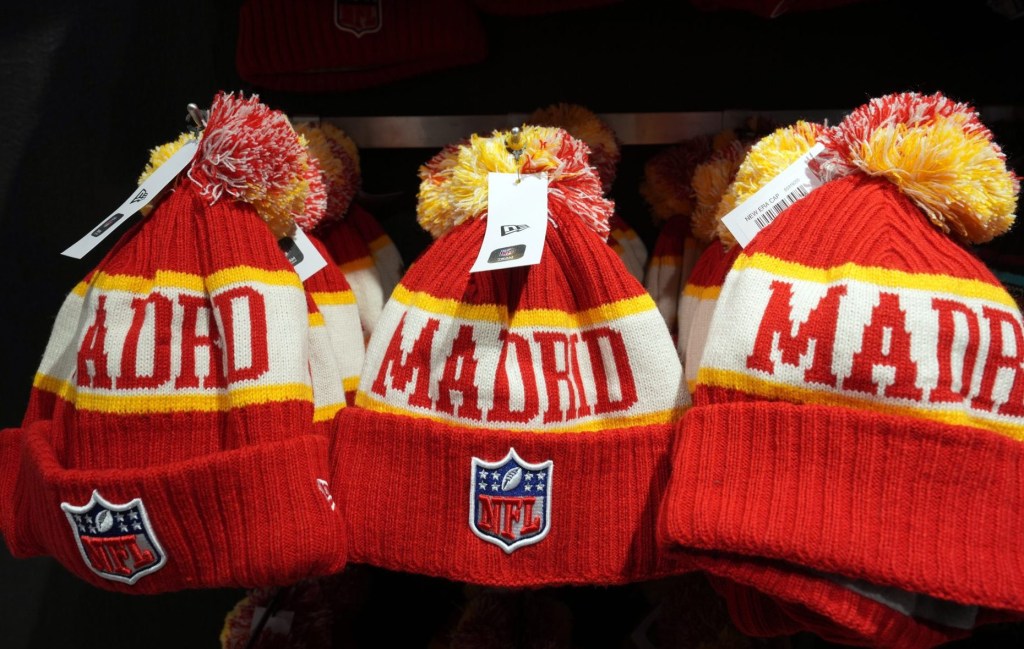

![[US, Mexico & Canada customers only] Feb 6, 2026; Riyadh, SAUDI ARABIA; Jon Rahm in action during the third round of play at LIV Golf Riyadh at the Riyadh Golf Club.](https://frontofficesports.com/wp-content/uploads/2026/03/USATSI_28173562_168416386_lowres-scaled.jpg?quality=100&w=1024)

![[US, Mexico & Canada customers only] Sep 28, 2025; Bethpage, New York, USA; Team USA's Bryson DeChambeau reacts after hitting his approach on the 15th hole during the singles on the final day of competition for the Ryder Cup at Bethpage Black.](https://frontofficesports.com/wp-content/uploads/2026/03/USATSI_27197957_168416386_lowres-scaled.jpg?quality=100&w=1024)

